Hey guys,
I have a flock of 16 birds, some of them are 3yo and others are just turning 1yo. I've hand raised them since babies all myself. I've never had any medical issues with them up until now and I don't know what is going on. They haven't had a change in environment or food. I've never wormed them with anything but have used Diatomaceous earth on their coop bedding and food a few times. Their coop is cleaned regularly and they have fresh bedding.
The past couple of days I noticed my birds were not finishing their food, which is very odd for them. When I come inside their coop and they always come running but yesterday all of them did except for a few birds, which was also kind of odd.
I kept an eye on them and noticed that my lavendar orpington was just laying in the chicken run and not really doing anything for most of the day. I went and checked on her and she was very lethargic, felt underweight and I noticed some vet feathers under her vent so I quarantined her immediately and went to check the rest of them. There were about 4-5 birds that looked like they were having diarrhea, but their weight was normal. I did not notice any sneezing or coughing in any of them. Their eyes and noses were clear and they were up and about as usual.
I went out to give the orpington some electrolytes this morning and she has a lot of watery/clear poo. Shes still very lethargic. I checked the coop and there are other birds who are having diarrhea, which is a normal brown color. Some of theirs looks mucusy. And some of the birds I noted were shaking their heads.
These are the only symptoms I've noticed: Diarrhea-brown and clear, not eating as much, lethargy in one chicken, and head shaking.
I've given the very sick one some electrolytes and cat food to try and get her energy up. I put some nutridrench for poultry in the water for the other birds in the coop.
What could this be and what do I need to do?? My vet isn't open until tomorrow but I do have a tractor supply close to me. Please help me help my babies!
Photos of watery diarrhea and the other diarrhea I found this morning in the coop are attached.
I have a flock of 16 birds, some of them are 3yo and others are just turning 1yo. I've hand raised them since babies all myself. I've never had any medical issues with them up until now and I don't know what is going on. They haven't had a change in environment or food. I've never wormed them with anything but have used Diatomaceous earth on their coop bedding and food a few times. Their coop is cleaned regularly and they have fresh bedding.
The past couple of days I noticed my birds were not finishing their food, which is very odd for them. When I come inside their coop and they always come running but yesterday all of them did except for a few birds, which was also kind of odd.
I kept an eye on them and noticed that my lavendar orpington was just laying in the chicken run and not really doing anything for most of the day. I went and checked on her and she was very lethargic, felt underweight and I noticed some vet feathers under her vent so I quarantined her immediately and went to check the rest of them. There were about 4-5 birds that looked like they were having diarrhea, but their weight was normal. I did not notice any sneezing or coughing in any of them. Their eyes and noses were clear and they were up and about as usual.
I went out to give the orpington some electrolytes this morning and she has a lot of watery/clear poo. Shes still very lethargic. I checked the coop and there are other birds who are having diarrhea, which is a normal brown color. Some of theirs looks mucusy. And some of the birds I noted were shaking their heads.
These are the only symptoms I've noticed: Diarrhea-brown and clear, not eating as much, lethargy in one chicken, and head shaking.
I've given the very sick one some electrolytes and cat food to try and get her energy up. I put some nutridrench for poultry in the water for the other birds in the coop.
What could this be and what do I need to do?? My vet isn't open until tomorrow but I do have a tractor supply close to me. Please help me help my babies!
Photos of watery diarrhea and the other diarrhea I found this morning in the coop are attached.

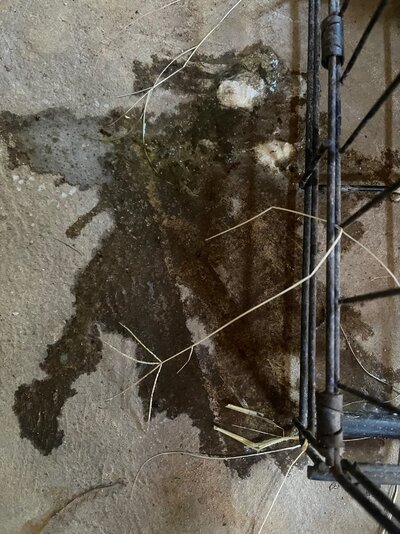
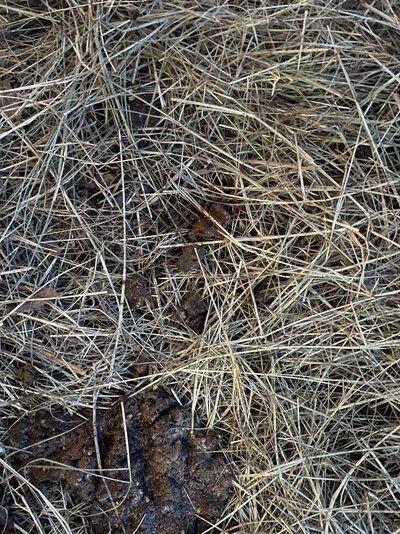
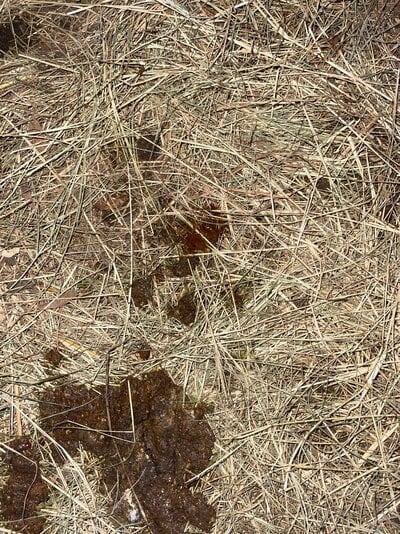
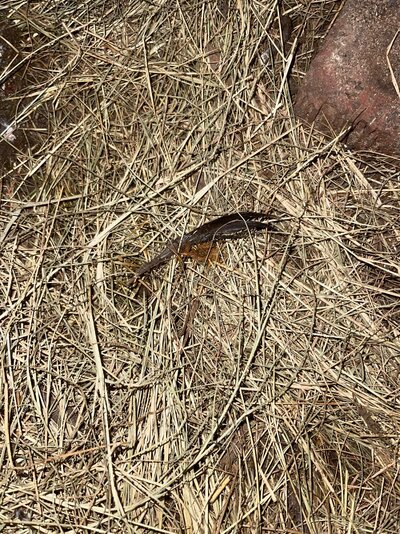
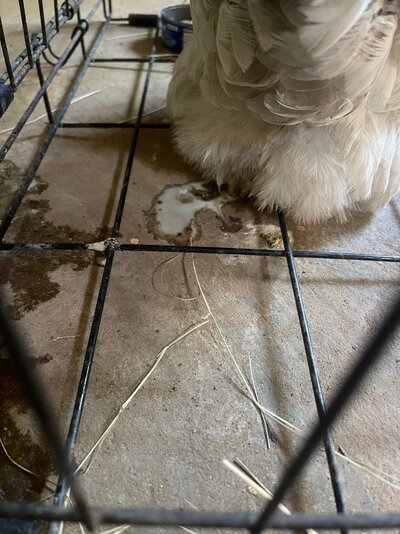



 , though I would like for you to cite your sources or at least your reasoning.
, though I would like for you to cite your sources or at least your reasoning.